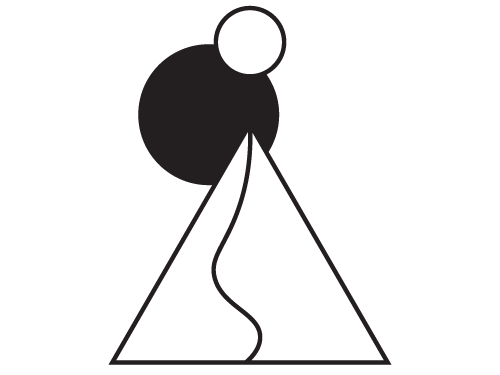Introduction
In this page I will be discussing the themes of the Dune series but through the lens of the first book. This strategy will allow me to tackle many of the interesting topics in each book and the series as a whole without overly spoiling or explaining any one particular book in the series. In this way I hope to draw people into what makes this universe my obsession and hopefully convince some people to read my favorite book series and what is arguably one of the most influential SCFI books of all time: Dune.

Theme 1: Religion
Religion is a common thread throughout the Dune series. It was religion that drove the Fremen to follow Paul. It was religion that the Bene Gesserit Sisterhood used to create their network of influence in the Imperium. It was religion that enforced the rule of Paul Muad Dib and his son Leto The God Emperor. It was also religion which drove The God Emperor into madness through all those years.
Dune confronts religion in multiple ways. In Frank Herbert’s first book Dune, Paul is first introduced to religion as a tool for power. The Bene Gesserit’s Missionaria Protectiva. This was a doctrine used by the Sisterhood which essentially spread religious ideas to less developed cultures so as to lay a path for any future interactions with the culture in question. In the case of Book 1, the Missionaria has led the people of Arrakis to believe that a savior will come one day to release the people from their suffering. This person will (conveniently) be from another world. Paul is the savior the Fremen have been waiting for, but this is also a tragedy. Paul realizes early on that these people have been set up to receive him and despite this, he still uses the guise of being a prophet to gain the military strength of the Fremen.
As a reader we want Paul to win! He is our protagonist after all… but it’s impossible to deny his use of Religion as a tool for manipulation.
Theme 2: To be Human
What does it mean to be a Human? At first many people may think this is a simple question, but Dune is not the first fiction series to struggle with this question. This is clearly a topic that many people have considered before and in Dune the question is tackles from a psychological perspective and a biological perspective.
The psychological perspective is mainly about the moral choices and how these choices in some ways preserve our “humanity.” Paul’s father Leto I is an example of someone who seems to maintain his humanity through good moral actions. He wants to protect his son and lover Jessica. He uses “fair” methods when he could be playing dirty in his Nobel House’s feud with the Harkonnens. On the opposite side of the coin are Bene Gesserit. They act in a way that is in some ways no longer human. A great example of this that is expanded on later in the series is their wish to avoid Love. They see it as a weakness which will get in the way of their ability to progress humanity as a whole. This feels a bit paradoxical… and it is. One flaw of the Bene Gesserit is their “greater than thou” attitude towards most other powerful groups in the series. The idea that some aspects of our humanity such as Love are a hinderence in some ways make the Bene Gesserit… not human. Despite the fact they are “technically” more human than some of the other genetically modified people in the series.
Speaking of genetic modification, the biological perspective to approaching the question is in regard to the various ways people in Dune have been modified past the original intent of natural evolution. The Guild Navigators of the Spacing Guild have taken so much of the Spice that they no longer resemble a traditional human. Frank Herbert describes them as being similar to fish both in physicality and in the fact they float in tanks filled with the Spice Mélange. The Bene Gesserit have been crossing bloodlines for centuries and in this way the people like Paul (and other aristocrats) who are a result of their breeding program, are in some ways a “different” kind of human when compared to the masses they rule over. The last example of genetic modifications comes from the Bene Tleilax. This group of humans does not even appear to be human anymore. The Tleilaxu appear to be short and almost elfin in appearance, but their silly appearance should not fool you. The Tleilaxu are the kings of genetic modification. They created the Face Dancers, which are essentially husks of humans who are able to shape their appearance at will and they create the Ghola, which are clones of dead people, made from cells collected off of corpses. Much like Frank, I will leave the interpretation of these groups up to you, the reader. What makes us Human? In some ways that is a question we must answer for ourselves!
